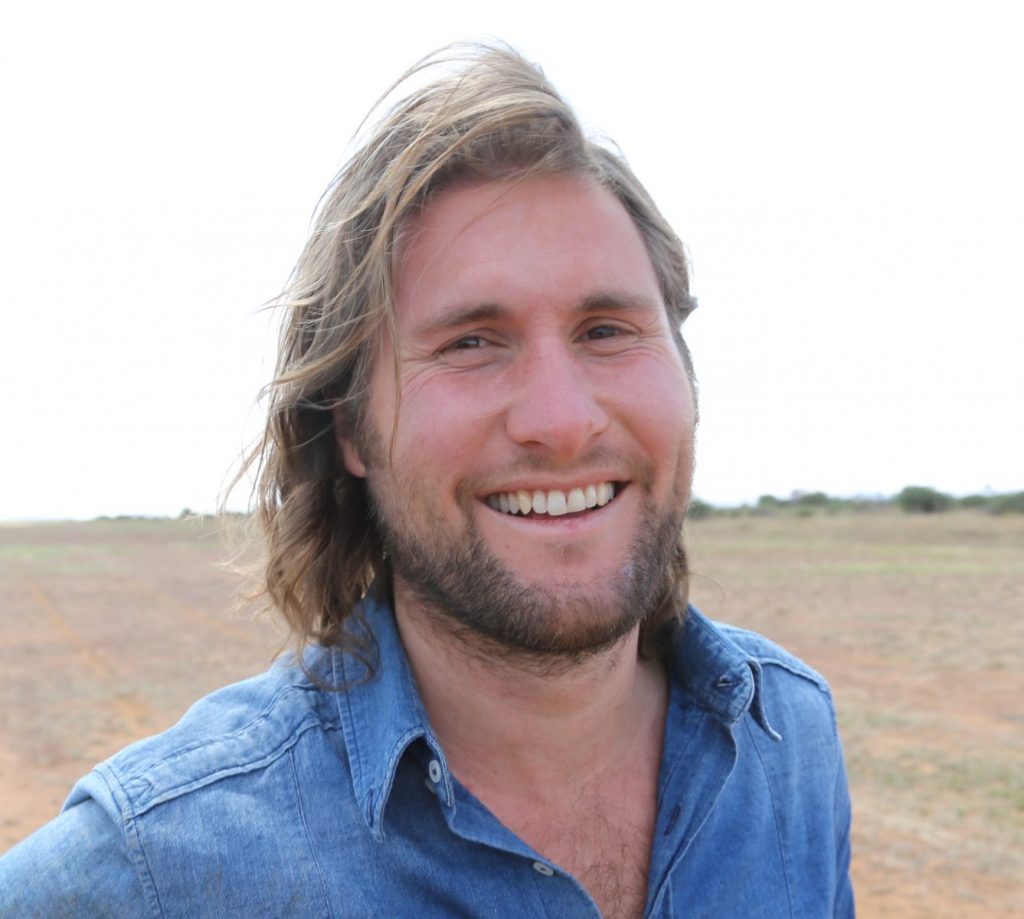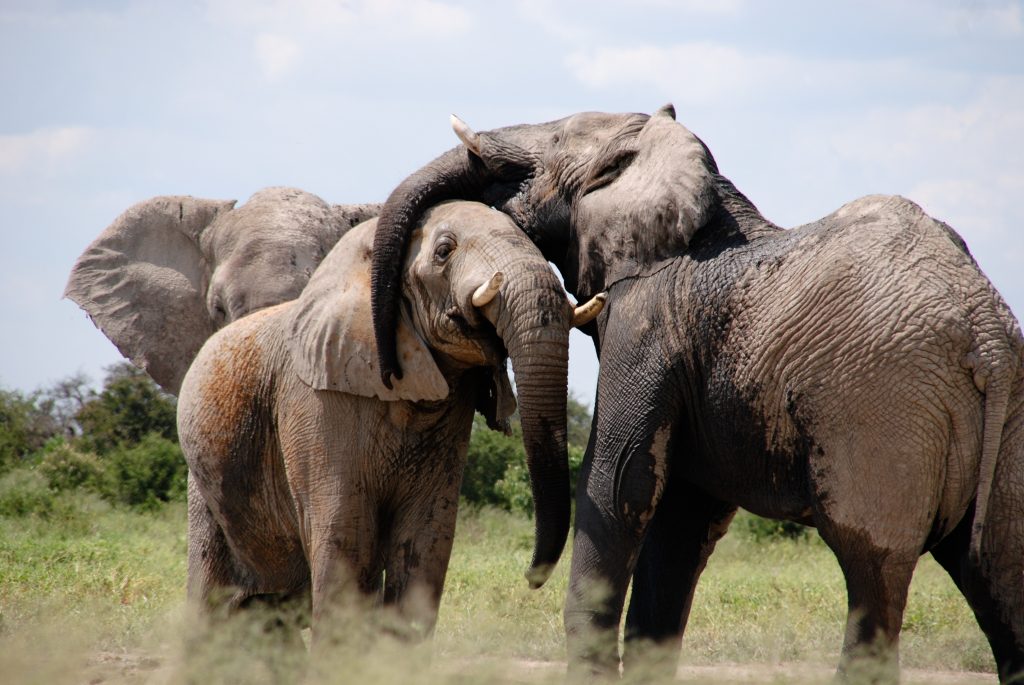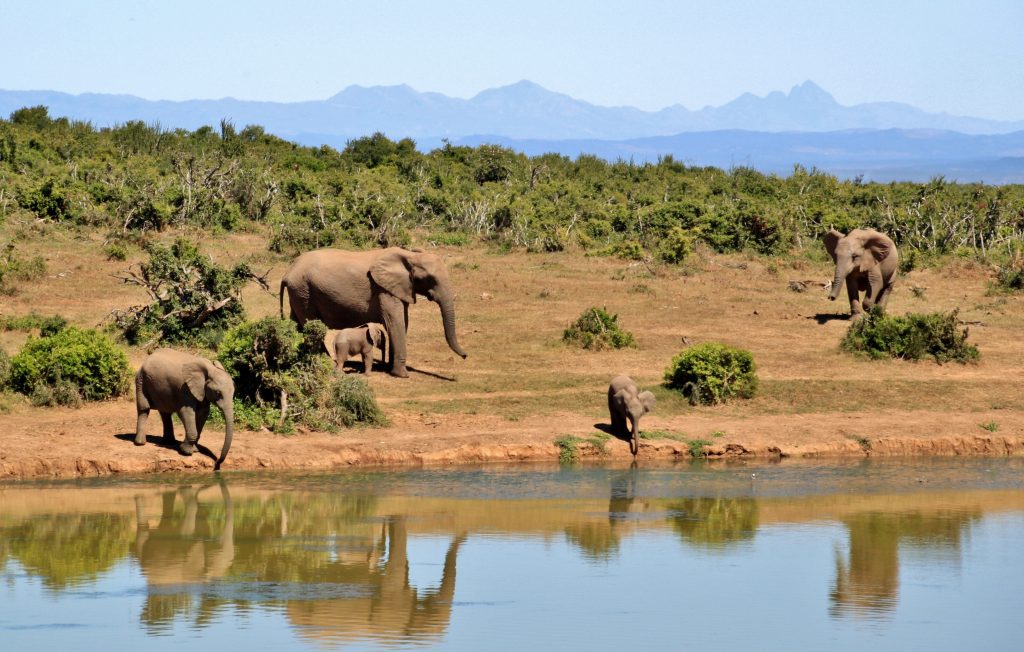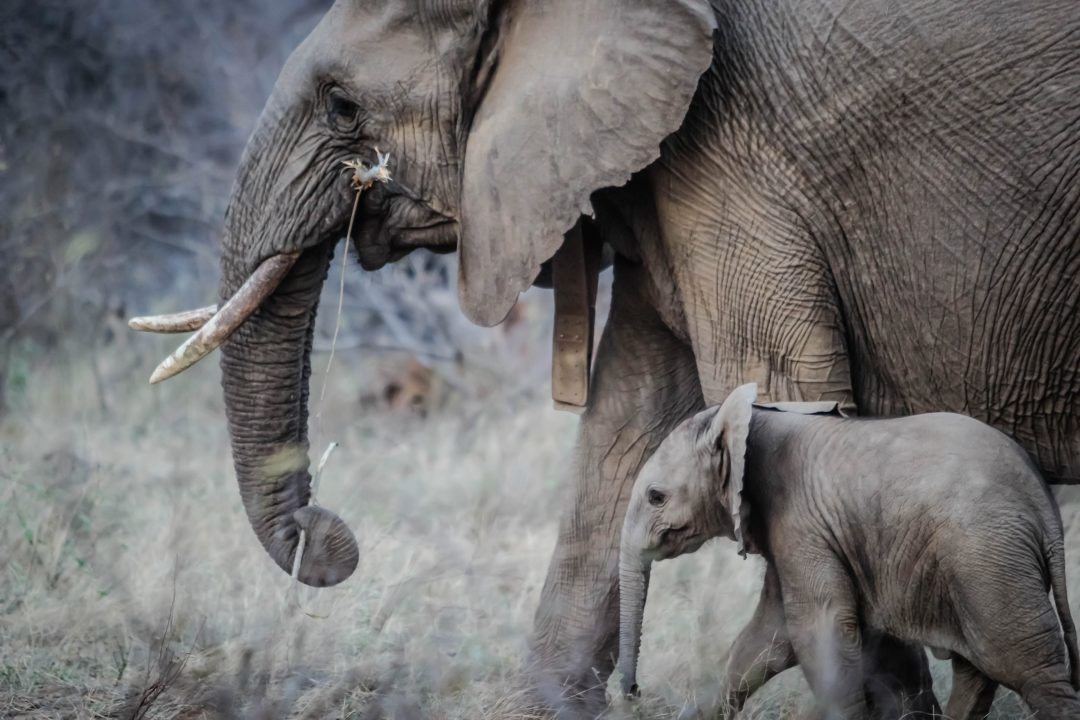Safeguarding the natural habitat of the Elephant and protecting them from poachers and other potential threats is a mission that Space For Giants dedicate themselves toward. Serving as an international conservation organization, with a Global Headquarters in Kenya, Space For Giants is unwaveringly stuck to their mission for 2019.
Space For Giants was founded in 2011 by Dr. Max Graham, who spent over a decade prior to the organization’s creation in the field researching the behavior of Elephants and their conservation with the University of Cambridge. He received his PhD from Cambridge University and has published an extensive collection of research papers that touched upon conservation, Elephant behavior and human wildlife conflict.
Speaking on the organizations initiatives for 2019, Dr. Max Graham, CEO of Space for Giants stated: “We’re finding ourselves on an extraordinary trajectory as we enter 2019. We’ve spent the last decade trialling a toolkit of activities that we’ve proven works to protect Africa’s last huge biodiverse landscapes, and the elephants and wildlife that thrive there. Now, we’re working hard to export that approach to many new areas. There’s a perception that wildlife crime, especially poaching for elephant ivory, is reducing in Africa. In some places it is, after a great deal of work by the Governments of those countries – Kenya and Tanzania spring to mind. But in other places it’s not, and we have to move urgently to get to places like Angola before the poachers do. Our theory is that the fastest way to ensure landscapes remain economically productive in ways that are not ecologically destructive is to demonstrate the value that conservation can bring. Through tourism, especially, that’s a case that we’re going to be making very powerfully this year.”

Data collected by Space For Giants’ Annual Impact Report, reveal to us that the area where the Elephants live as well as their overall population are being majorly affect by human involvement. Space For Giants want to help the Elephants live without the fear of being hunted for their ivory or losing more of the territory in which they reside. One of Space For Giants goals is to build a more harmonic relationship with the Elephants in order for both sides to co-exist. This demonstrates that peaceful solutions to many problems concerning the Elephant are being researched.
The Elephant Poaching Crisis caused immense damage to the Elephant population. Before the first Elephant Poaching Crisis in 1979, the Elephant population was flourishing at 1.3 million. After the first Elephant Poaching Crisis, the population was down to just 600,000. The latest Elephant Poaching Crisis which occurred in 2016, cut down the Elephant population to 415,000. The Elephants that once roamed much of Africa, are diminishing in size. If it were not for the unyielding efforts of organizations like Space For Giants, then who knows what state the Elephant population would be in now.
The dwindling Elephant population have suffered much decline due to poachers and the thinning out of their wildlife landscapes in Africa. The organization has been deeply concerned with how they are being treated, and are trying their hardest to allow these unbelievably majestic creatures a life free from the exploitation of avaricious poachers.

No matter where Space For Giants operate, they deliver the same message and activities that express how protecting Elephants and their native habitats can bring value. They train rangers to protect Elephants, assist in allowing farmers to coexist with Elephants, and use the rule of law to prosecute criminals like poachers, who are a threat to the wildlife. In addition, they campaign and spread stories to gather more support, help improve economies by introducing new conservation investment, and contribute science & research to inform others about their mission directive.
The organization has come up with many innovative approaches that would protect the habitat of the Elephants, such as delivering new investments to the conservation landscape. This method serves as a sustainable source of revenue for Space For Giants that not only benefits the local people, but also allows for more research to be generated and campaigns to go around. These are values that greatly raise awareness, which help the organization to gather support for the Elephants.
The aforementioned approach was tested in a certain part of Kenya and the results were exceptionally good. Elephant poaching decreased by 84%, wildlife crime convictions went up by 250%, over half a million acres of land was protected for conservation, human & wildlife conflict was lessened significantly and stories of conservation were widely spread to people in the millions. Space For Giants have obviously been making great strides in their mission of saving the Elephants and protecting wildlife landscapes from ruin.
Space For Giants plans to use this tried-and-true conservation approach on as many Elephant ranges they can throughout Africa. The organization intends to achieve this with the platform contributed from the Giants Club, which is a forum for driving political, technical, social and financial capital in the direction of protecting at least half of the Elephants in Africa and the territory they inhabit.

The level of Elephant poaching has seen a significant decrease in East Africa (specifically Kenya and Tanzania) as of 2019; however, that does not mean frontline protection in wilderness areas should slacken- it must persist. New technology is being applied to the landscapes, such as Laikipia in Kenya, to transfer ranger patrol data electronically to objective resources in a more timely and methodical way. Space For Giants predicts that this kind of programme will at least triple from the current 56,000 acres to 153,000 acres.
Sadly, Elephant poaching is a growing object of concern in Southern Africa, particularly the regions around Angola northern Botswana. The team at Space For Giants are working on ways to substantially boost the deployment of their integrated toolkit of which aims on strengthening court cases against suspected poachers. This will both convict a greater number of poachers as well as make the law a stronger deterrent to other poachers, which is likely to lower the degree of Elephant poaching significantly in Africa. Additionally, the organization will continue strengthening intelligence-led anti-poaching through a range of methods, such as bringing in a British former counter-terrorism expert to train law enforcement in some of the following: run informant networks, disrupt/hack comms, and interview arrested people for information.
The leading drive of Space For Giants is to demonstrate the economical and ecological value of conserved landscapes to the locals and national governments. That said, the primary focus is likely an extensive research piece on conservation investment that’s to be presented as the main feature of a first-ever pan-African president-led Conservation Investment Summit scheduled to take place in Zimbabwe sometime in May, which will be co-hosted by Space For Giants
For more information about Space For Giants, visit: SpaceForGiants.org




